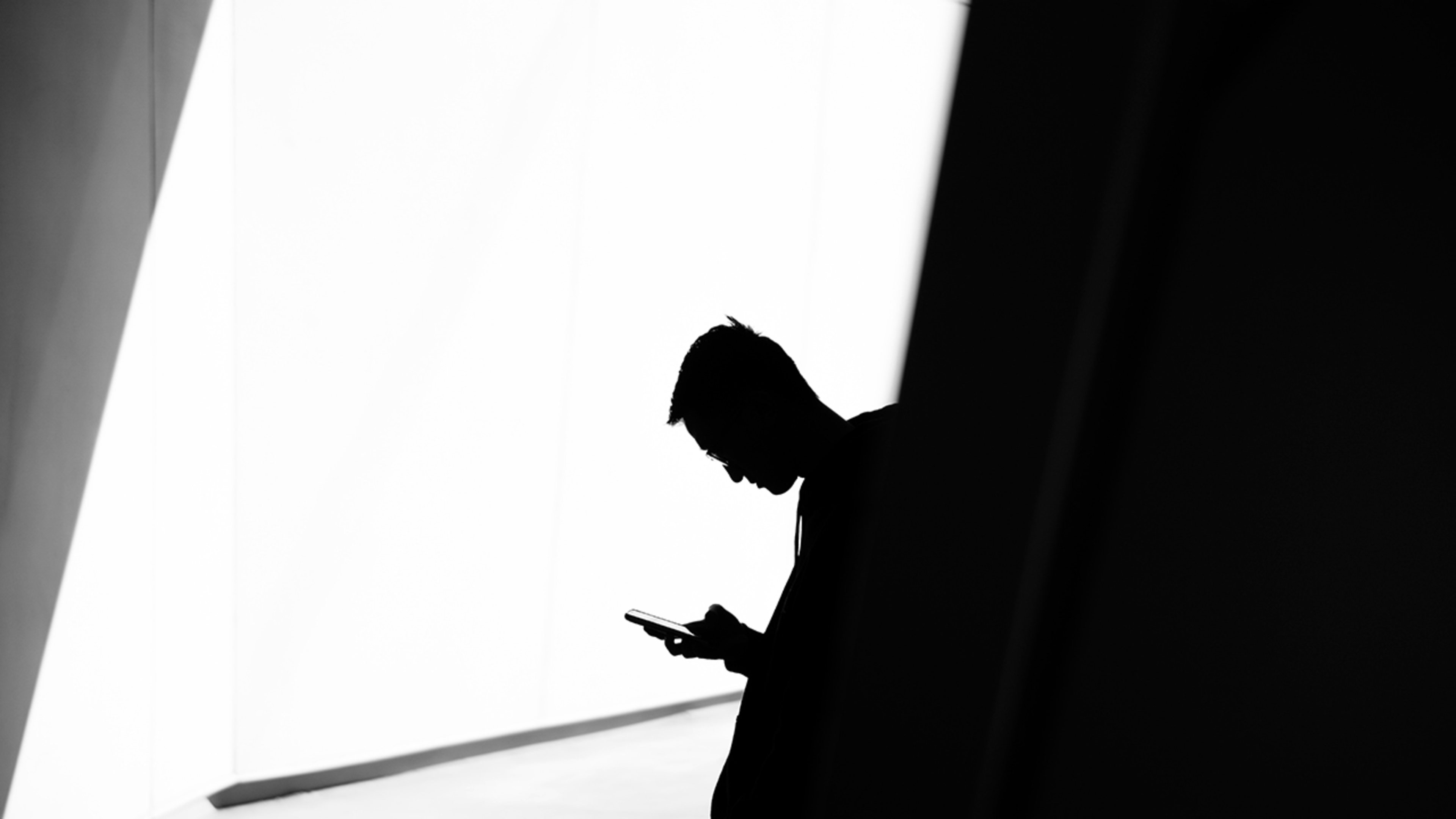How many hours a day do you spend comparing your life to that of others? It might sound like a strange question, but if you’re an average internet user, you are probably spending more than two hours every day consuming social media content. That’s a lot of time watching other people’s highlight reels.
Seeing other people’s successes might motivate you to continue to reach for your goals, but if seeing the achievements of others triggers feelings of envy or resentment, it can quickly lead to an unhealthy pattern of comparisons and cause negative emotions of self-doubt to creep in. So how can you escape the online comparison trap and use social media for inspiration instead of fuel for negative self-talk?
Pay attention to your emotions
What do you do when you feel the green-eyed monster creeping in while you’re scrolling through people’s highlight reel online? While your instinct might be to ignore these negative emotions, clinical psychologist Dr. Tricia Wolanin says we need to acknowledge those feelings and explore what is behind them before moving on. “Don’t just push these feelings away because they will arise again the next time you take a peek into your social media feed,” says Wolanin.
Instead, ask yourself where these emotions are coming from. Maybe you have expectations of yourself, and seeing someone achieve these goals before you triggers a cycle of negative self-talk. Exploring where your negative reactions come from will help you to better understand your triggers.
Have a purpose on social media
Much of how you feel when you’re on social media has to do with your mindset when you open the app. “There are times when we can seek inspiration from others’ achievements online, but the attitude we must go into when we see this should be from a place of aspiration and hope, not jealousy, self-doubt, and frustration,” says Wolanin.
When you open your social apps, are you looking for ideas or are you looking to see how you stack up against others? Be cognizant of your purpose before opening your Instagram app.
Understand what you’re looking at
If you’re turning on your social media to “find inspiration,” understand that you will be looking at people who are further along in their journeys than you—whatever journeys those are. If you don’t expect that at the outset, seeing others’ success splattered across perfectly filtered squares can make you feel that you’ll never be as successful/wealthy/powerful as some other person, because you think about how long those achievements took.
“This negative self-talk can become a self-fulfilling prophecy and cause you to give up before you’ve barely begun,” says Wolanin. To help find balance, Wolanin recommends reducing the amount of time you spend following “power players” or major influencers on social media.
You can also pick a handful of people you follow on social media and explore what it is you admire about them. What specifically about their personality, their business, or their content do you want to see in your own life? This exercise can help you bring direction and purpose into your social media activity.
Focus on your own actions
There’s no real harm in engaging in some friendly comparison online. Wolanin says this digital social comparison only becomes harmful when it keeps you from taking action in your own life. “Friendly comparison can begin to drift into negative territory when you begin to focus more of your energy on what other people have, [rather] than taking action in your life,” says Wolanin.
When you stop being able to appreciate the things you have in your own life because you are too focused on what you don’t have, this is where negativity and self-doubt fester. Ensure that you’re balancing your social media consumption with a daily practice of appreciation and self-directed action toward pursuing your big goals.
Do you need a digital detox?
If you find yourself trapped in the online comparison rut, it may be time for a digital detox. While cutting yourself out of social media completely may not always be possible, perhaps taking a digital sabbatical one day per week can help. “Initially this can be quite difficult,” says Wolanin. “But there is freedom in not being tied to social media even if only for one week.”
If you can’t take a complete 24-hour hiatus, pay attention to the amount of time you’re spending on social media and give yourself a daily time limit. The goal is to put yourself in control of your social media consumption rather than allowing these mediums to control you.
Recognize your brand’s excellence by applying to this year’s Brands That Matter Awards before the final deadline, June 7.
Sign up for Brands That Matter notifications here.
